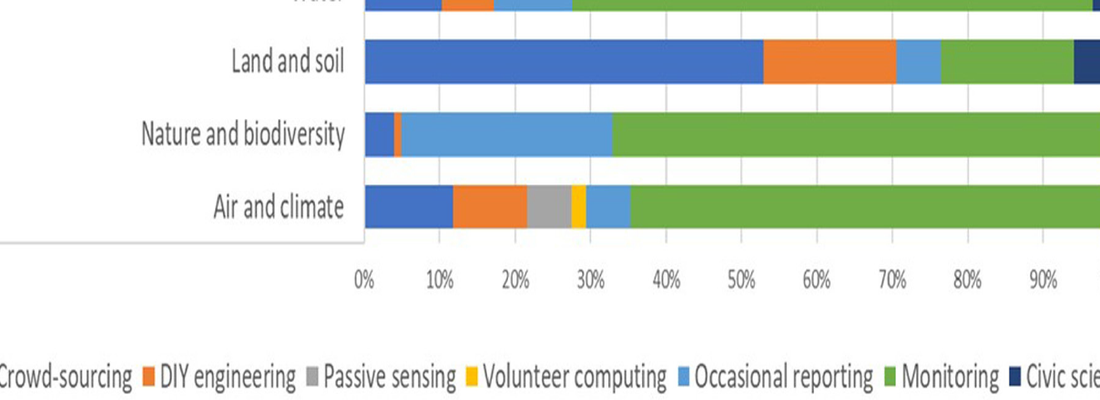
Understanding the citizen science landscape for environmental policy: an assessment and recommendations
Citizen science is increasingly upheld with the potential to underpin all aspects of the environmental policy process. However, to date, contributions of citizen science to environmental decision-making remain sparse and not well understood. Evidence points to a gap between the potential relevance of citizen science for policy and its actual implementation. We lack a comprehensive assessment of the current impacts of citizen science projects on environmental policy, and an identification of the scientific, engagement, and governance characteristics of projects that facilitate successful contributions to policy. This paper addresses that knowledge gap through identifying the characteristics of citizen science projects that support policy. We present an inventory of 503 citizen science projects with environmental policy relevance, and an in-depth analysis of 45 case examples with quantitative assessment of characteristics of the citizen scientist, scientific, socio-economic, and policy dimensions. Our results demonstrate that citizen science can underpin all steps of the environmental policy process, and that a diversity of approaches can be used to achieve this. However, governmental support, scientific excellence, and NGO-leadership facilitate policy linkages. We discuss the main challenges and opportunities identified by project leaders in linking citizen science and policy and present a set of recommendations for promoting the better integration of citizen science in the different phases of the policy cycle. Central among these are clarifying policy needs, facilitating access to citizen science data, and improving their evaluation and recognition by decision-makers.
Publish information
| Authors: | Fermin Serrano; Francisco Sanz; Maite Pelacho; Anne Turbé; Jorge Barba; Chrisa Tsinaraki; Shailendra Mudgal; Lucy D. Robinson; Jose-Miguel Rubio; Sven Schade; |
| Year of publication: | 2019 |
| License: | CC By 4.0 |
| DOI: | http://doi.org/10.5334/cstp.308 |